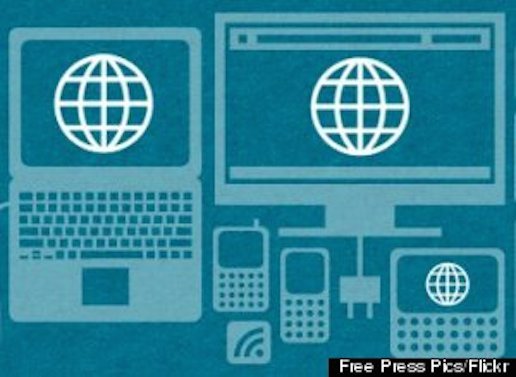Tom Wheeler, Chair of the Federal Communications Commission (FCC), hasn't even circulated his so-called Hybrid proposal for the Internet but everyone has already attacked it as the end of something sacred.
What is being proposed is simple. Treat Internet providers like common carriers -- like utilities, which they are -- but recognizing that even common carriers could offer private lines to large corporate users or anyone else that wanted such a special service.
The more salient aspect is that most users, large and small, will be afforded non-discriminating service under rules that treat everyone equally. In other words, Internet service is treated like water, gas, electricity and telephone service... things we cannot do without.
At the turn of the last century, the debate was about telephone service. It was decided then that the provision of plain old telephone service was something everyone in America needed and at an affordable cost. AT&T, already seen as the dominant provider, was given a monopoly in return for some regulation of its investments in equipment and infrastructure... and its rates. Before too may years, the nation had ubiquitous and affordable telephone service.
More recently, the FCC passed a proposal to allow providers to make special deals to satisfy the biggest users like Netflix, and keep the Internet open for everyone else. The FCC was clearly mindful of the politics on both sides of the debate, but it will not pass muster unless the FCC also reclassifies Internet provision just like telephone service. And that is what they may do if the Wheeler proposal is accepted.
Of course, the existing providers including the Telcos and cable companies are fearful that redefining the Internet as a public utility service would inhibit them; that the biggest users would not pay their fair share and the free market would suffer... with the net result that more people would end up with poorer service, defeating the government's longer-term goals. Under the new proposal this offers the providers more leverage.
I suspect our fundamental belief in the free market and our love affair with the concept of unbridled competition led us in the wrong direction a decade ago. Michael Powell, when he was FCC Chair, represented that free market mentality and when the provision of Internet service came up for discussion, he and others argued that the Internet was an information service not a public utility.
It's now 2014... and America needs to meet the challenges of a new global economy by accelerating the building of the new information highways. They must do this because everyone needs the fastest, most affordable broadband we can offer.
